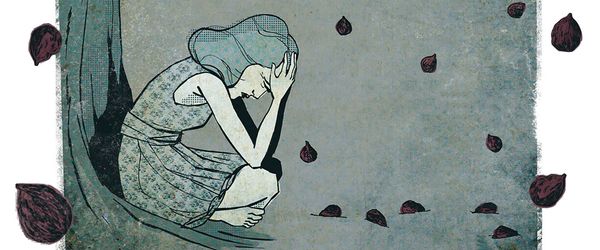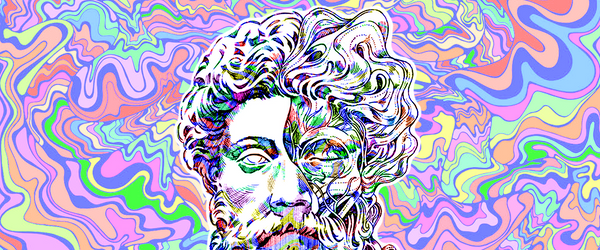Jon Brooks • • 1 min read
Sylvia Plath’s Illustrated Advice on the Battle We All Face Between Aspiration and Accomplishment

“Perhaps when we find ourselves wanting everything, it is because we are dangerously close to wanting nothing.” — Sylvia Plath
Sylvia Plath committed suicide in 1963, one month after the publication of her semi-biographical—and only—novel, The Bell Jar. She was just 30 years old. Young, talented, clinically depressed.
In the following comic by Zen Pencils, you’ll read an illustrated and iconic excerpt from The Bell Jar where Plath metaphorizes her frustrations with the seemingly endless choices we must make through the ever-closing window of time.
Plath described the experience of someone in a psychological bell jar as “blank and stopped as a dead baby,” for whom, “the world itself is the bad dream.” The comic is not uplifting, but that is the point. It consists of the kind of thoughts that might run through your mind at 4 a.m., when you turn your piercing, critical eye towards your own life—neither able to defend nor look away.
If you search for it, the moral of Plath’s metaphor will offer both consolation and instruction for such anxious contemplations.
Enter Sylvia Plath:

Check out the official Zen Pencils book collection on Amazon here.
This comic was originally published on ZenPencils.com.

Jon Brooks
Jon Brooks is a Stoicism teacher and, crucially, practitioner. His Stoic meditations have accumulated thousands of listens, and he has created his own Stoic training program for modern-day Stoics.


![Seneca’s Groundless Fears: 11 Stoic Principles for Overcoming Panic [Video]](/content/images/size/w600/wp-content/uploads/2020/04/seneca.png)







